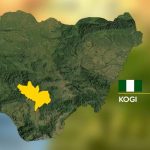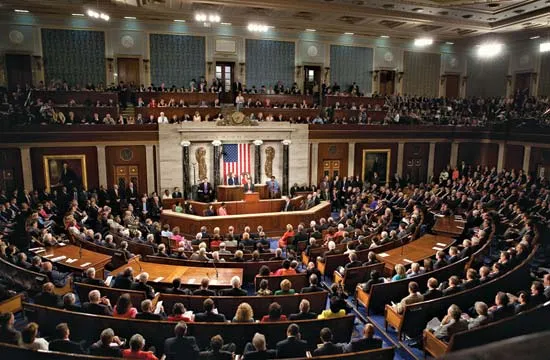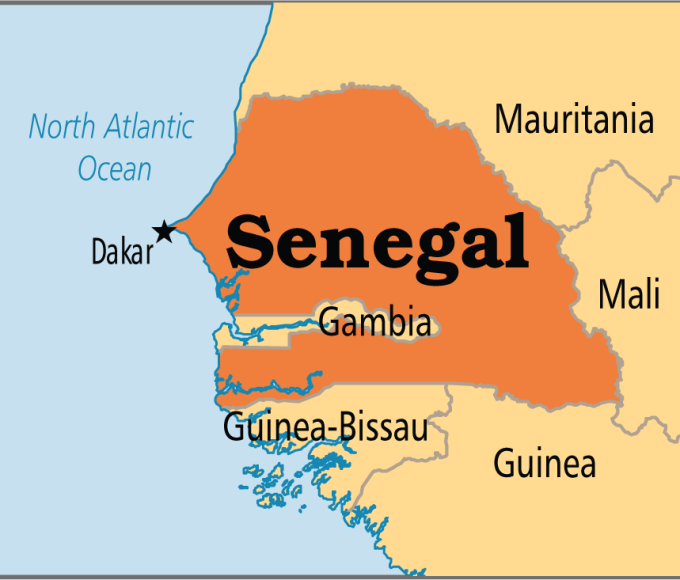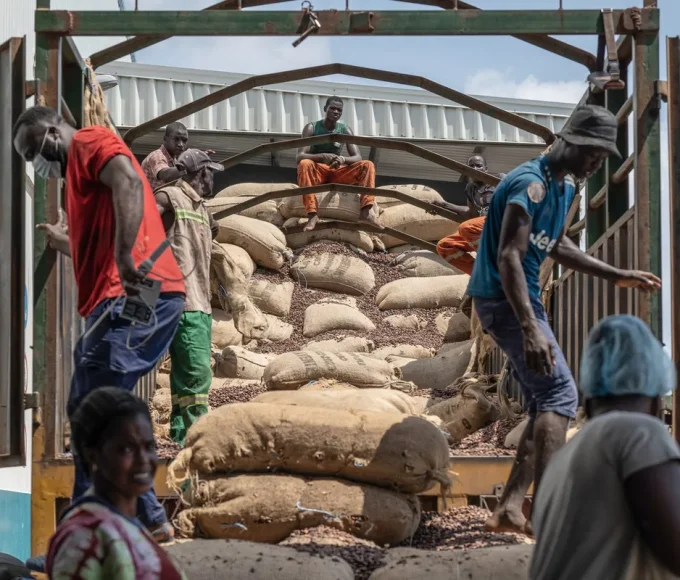
Ghana’s economy grew by 7.2 per cent year-on-year in the third quarter (Q3) of 2024, up from 7.0 per cent recorded in the second quarter, according to provisional data released by the Ghana Statistical Service (GSS) on Wednesday.
On a seasonally adjusted basis, real Gross Domestic Product (GDP) increased by 1.7 per cent in the third quarter (July to September), slightly higher than the 1.6 per cent recorded in the second quarter (April to June).
The Mining and Quarrying, Information and Communication, Crops, Construction, and Manufacturing sectors were Key contributors to the GDP growth—conversely, Fishing, Water and sewage, and Other Personal Service Activities contracted during the period.
Including oil and gas, the provisional quarterly real GDP growth rate was 7.2 per cent year-on-year, a significant increase from the 2.2 per cent recorded in the same quarter in 2023. Excluding oil and gas, non-oil GDP growth was 7.7 per cent, compared to 2.4 per cent in the third quarter of 2023.
The Services sector remained the most significant contributor to GDP, accounting for 42.9 per cent of economic activity in the third quarter. The Industry sector accounted for 32.6 per cent, while Agriculture contributed 24.5 per cent.
Year-on-year, the Industry sector recorded the highest growth at 10.4 per cent, followed by Services at 6.4 per cent and Agriculture at 3.2 per cent. On a quarter-on-quarter basis, the Industry sector also led growth at 2.5 per cent, followed by Services at 1.5 per cent and Agriculture at 0.7 per cent.
Regarding contributions to overall GDP growth, the Industry sector added 3.4 percentage points, Services contributed 2.8 percentage points, and Agriculture added 0.6 percentage points.
Within the Agriculture sector, Crops expanded by 5.9 per cent year-on-year and 1.3 per cent quarter-on-quarter, while the Fishing sub-sector contracted sharply by 21.7 per cent year-on-year and 6.5 per cent quarter-on-quarter.
In monetary terms, the Services sector contributed GHC106.28 billion to GDP in the third quarter, followed by Industry with GHC80.84 billion and Agriculture with GHC60.7 billion.
This performance reflects a generally positive trajectory for Ghana’s economy, with chances to build on progress, fix weaknesses, and ensure sustainable growth.
The positive performance comes as a new president and government prepare to take office on January 7 after ex-president and prominent opposition leader John Dramani Mahama won Saturday’s election.
Read More:
- Niger Govt To File Complaint Against RFI For Inciting Genocide, Intercommunity Massacre Via Disinformation
- ECOWAS Parliament Advocates for Extended Withdrawal Deadline of AES
About The Author
Related Articles
US Security Narrative Shifts from Terrorism to Mining in Nigeria
A new bill introduced in the United States Congress is drawing attention...
ByWest Africa WeeklyFebruary 12, 2026Galatasaray Ready to Sell Osimhen if Barcelona Meet €80m Valuation
Victor Osimhen could be on the move again as Spanish giants Barcelona...
ByWest Africa WeeklyFebruary 12, 2026Senegal Unveils $100m Onshore Oil and Gas Plan After Revoking Idle Licenses
Senegal is moving ahead with a new $100 million onshore oil and...
ByWest Africa WeeklyFebruary 12, 2026Ghana’s Cocoa Crown Under Threat as Nigeria, Ecuador and Indonesia Close In
Ghana’s position in the global cocoa industry is facing mounting pressure as...
ByWest Africa WeeklyFebruary 12, 2026













Leave a comment